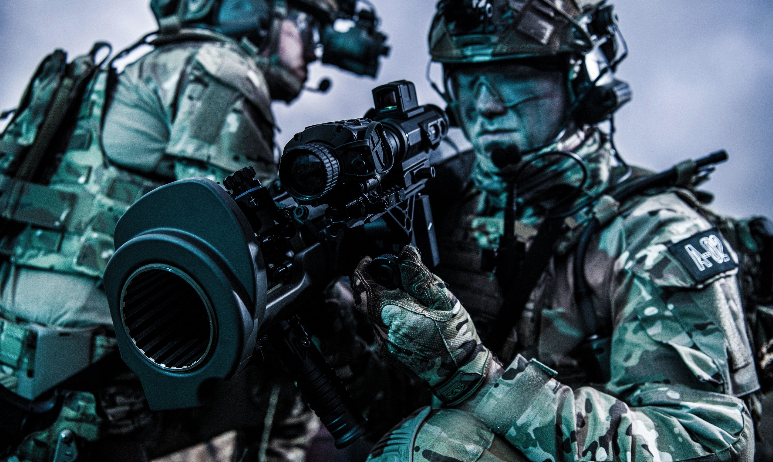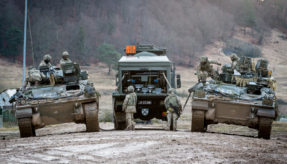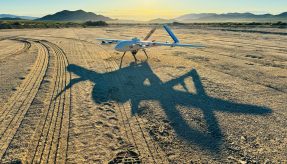
Defence Equipment & Support (DE&S) has procured a new multi-role weapon system to equip the British Army on operations.
A £4.6M order has been placed with Saab for a delivery of Carl-Gustaf M4s, plus a package of ammunition and training.
They will replace the Anti-Structure Munitions the UK sent to support Ukraine against the Russian invasion last year.
The Carl-Gustaf recoilless rifle is a multi-role weapon system that allows dismounted soldiers to effectively deal with multiple challenges and targets on the modern battlefield. It can fire a range of 84mm calibre munitions for various operational objectives.
The British Army’s Director of Futures, Major General James Bowder, said: “The procurement of Carl-Gustaf Mk4 will provide a versatile, potent, and proven capability to our close combat forces; it will defeat a range of threats on the modern battlefield, further enhancing our lethality.”
The Carl-Gustaf was first adopted by the Army towards the end of the 1960s in its M2 variant, referred to in the UK as “Mark 2”, as an infantry anti-tank capability.
The procurement is the latest negotiated by DE&S for military equipment developed in Sweden. In December, DE&S signed a contract with Saab to replenish the UK’s stock of NLAW anti-tank weapons, which have proven highly valuable to Ukraine as they defend their nation from Russian attack.
Dean Rosenfield, Group Managing Director of Saab UK, said: “Our strong relationship with the British Army is built upon delivering proven capabilities that help them to meet the threats they face and the Carl-Gustaf M4, like NLAW, is in prime position to do this.”
During a meeting between Defence Secretary Ben Wallace and his Sweden counterpart Pål Jonson in London, a letter of intent was signed relating to a new contract to deliver 14 Swedish-built Archer heavy artillery guns to the British Army.
Mr Wallace said: “Sweden has provided vital military aid and integral support to Ukraine and our allies through the Joint Expeditionary Force.
“The UK will continue to give our full support to Sweden’s accession to NATO, fortifying Northern Europe and the Baltics against Russian aggression and expanding security challenges in the region.”








